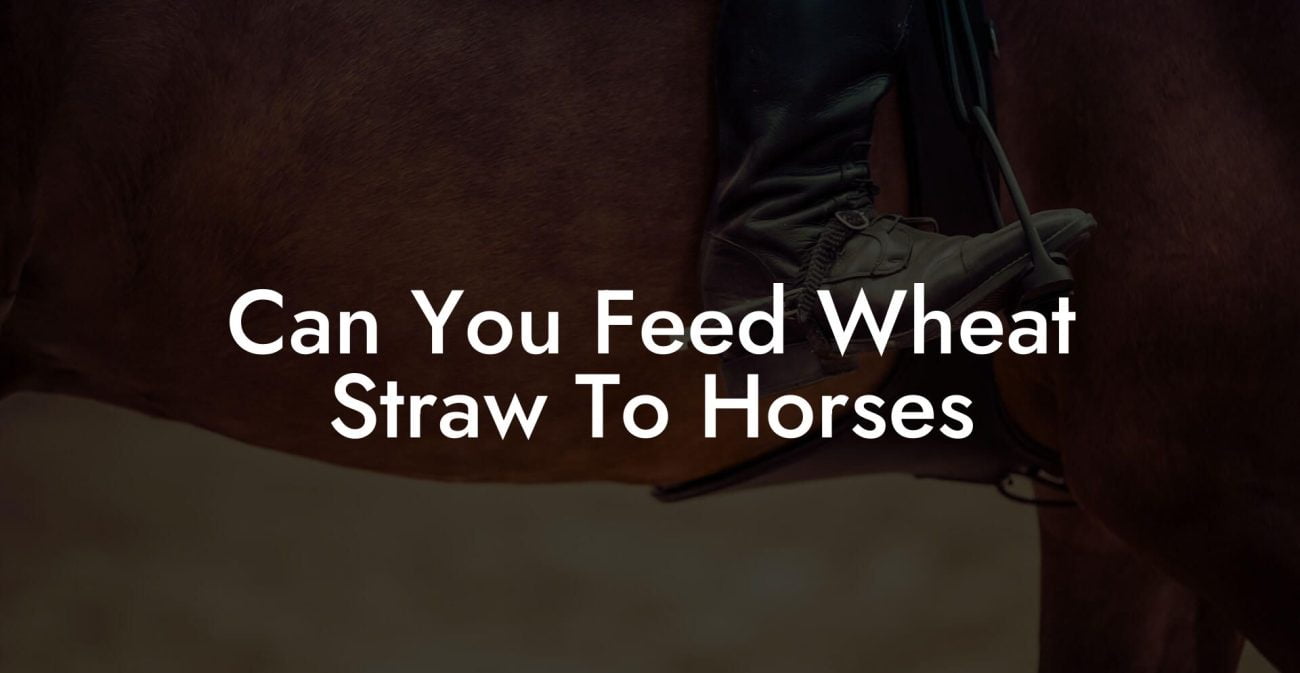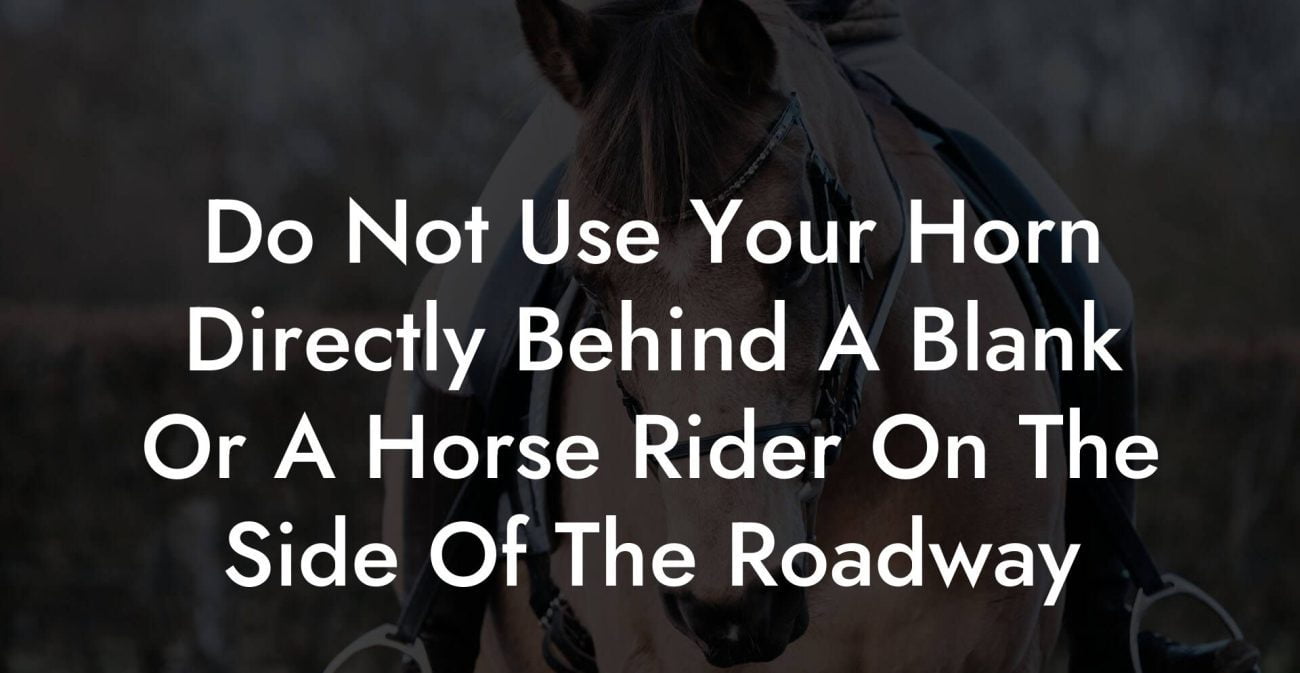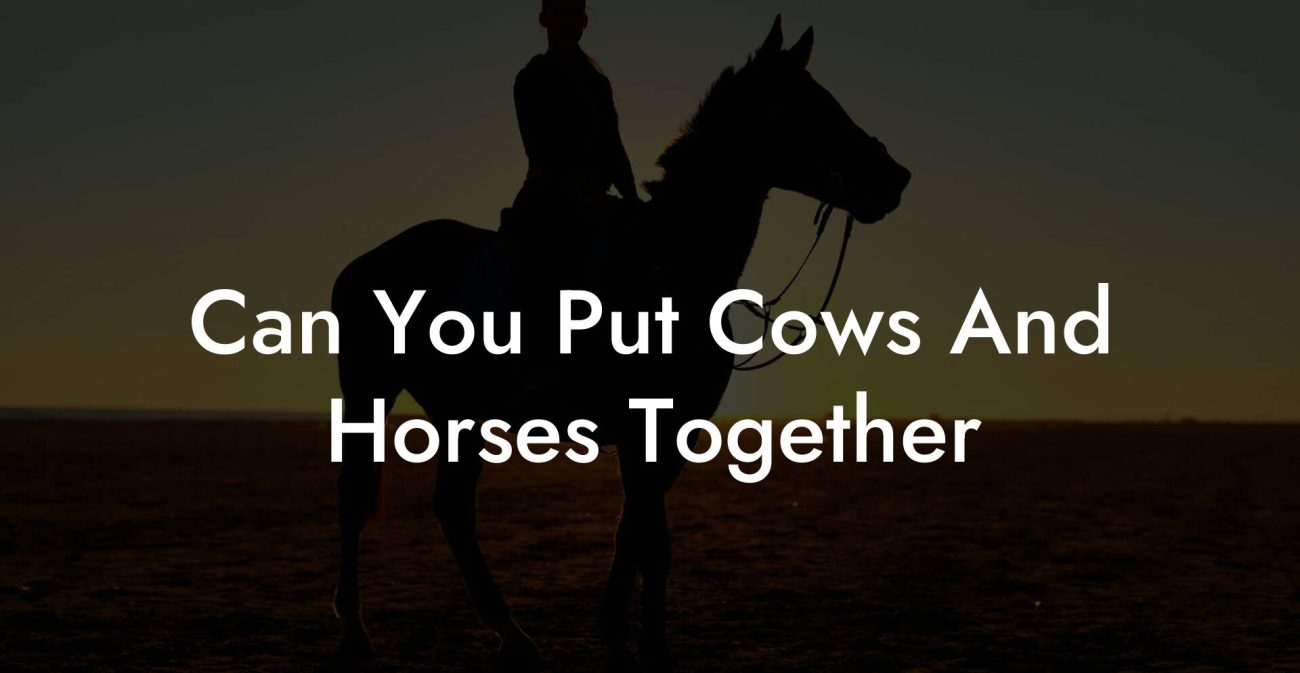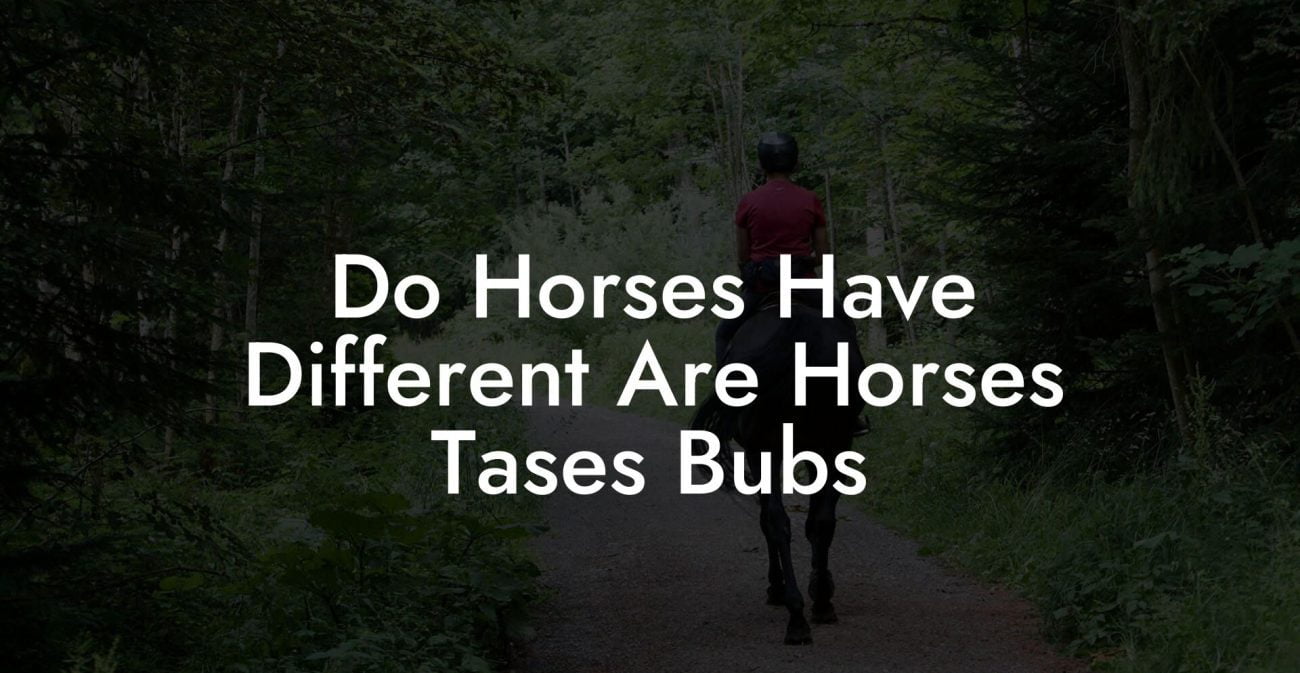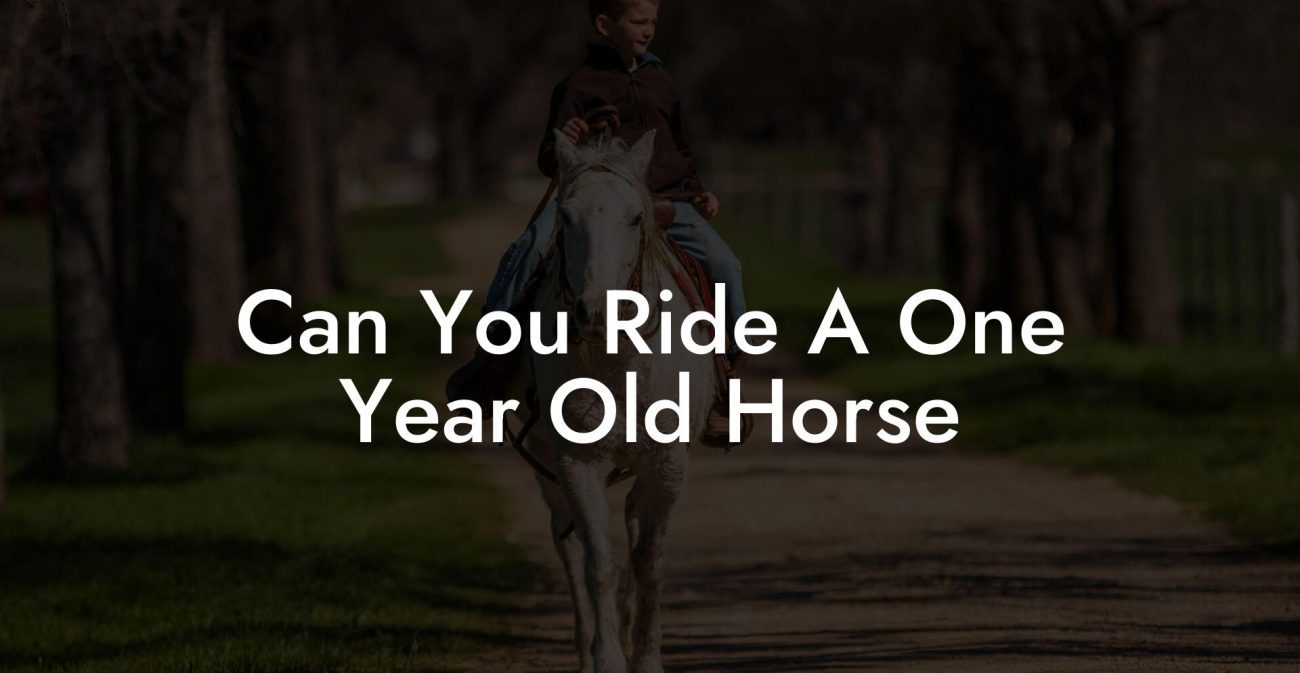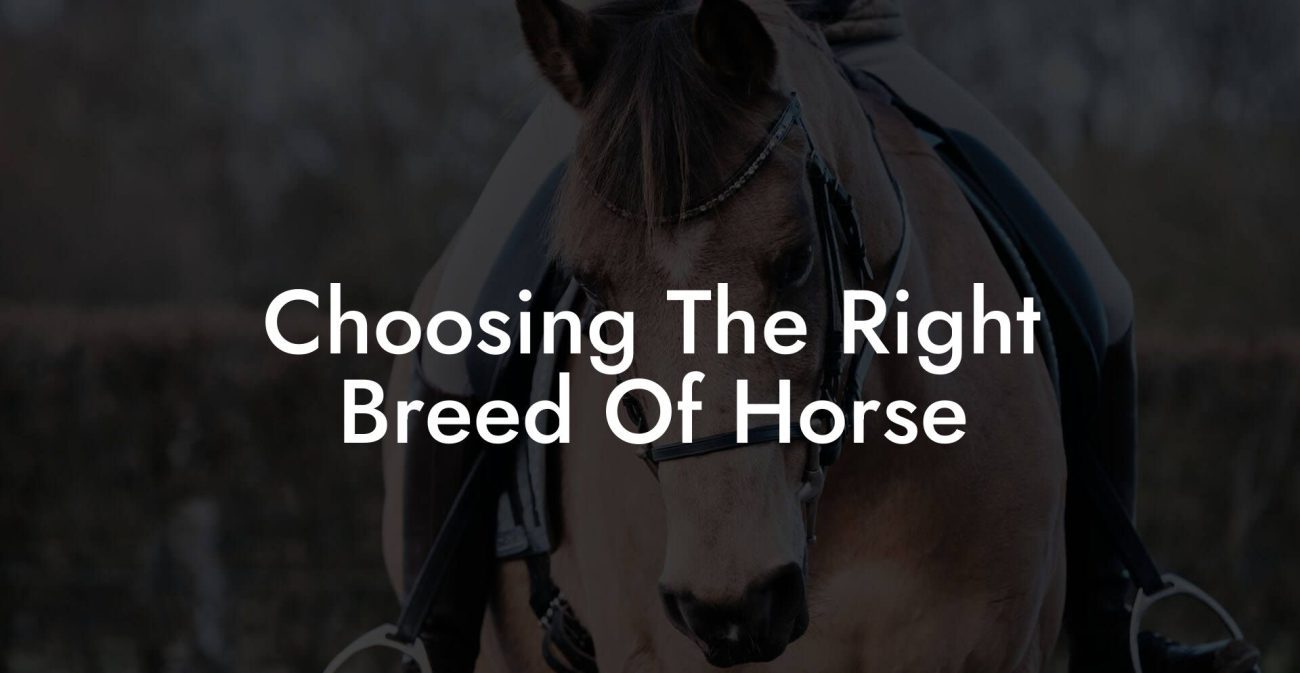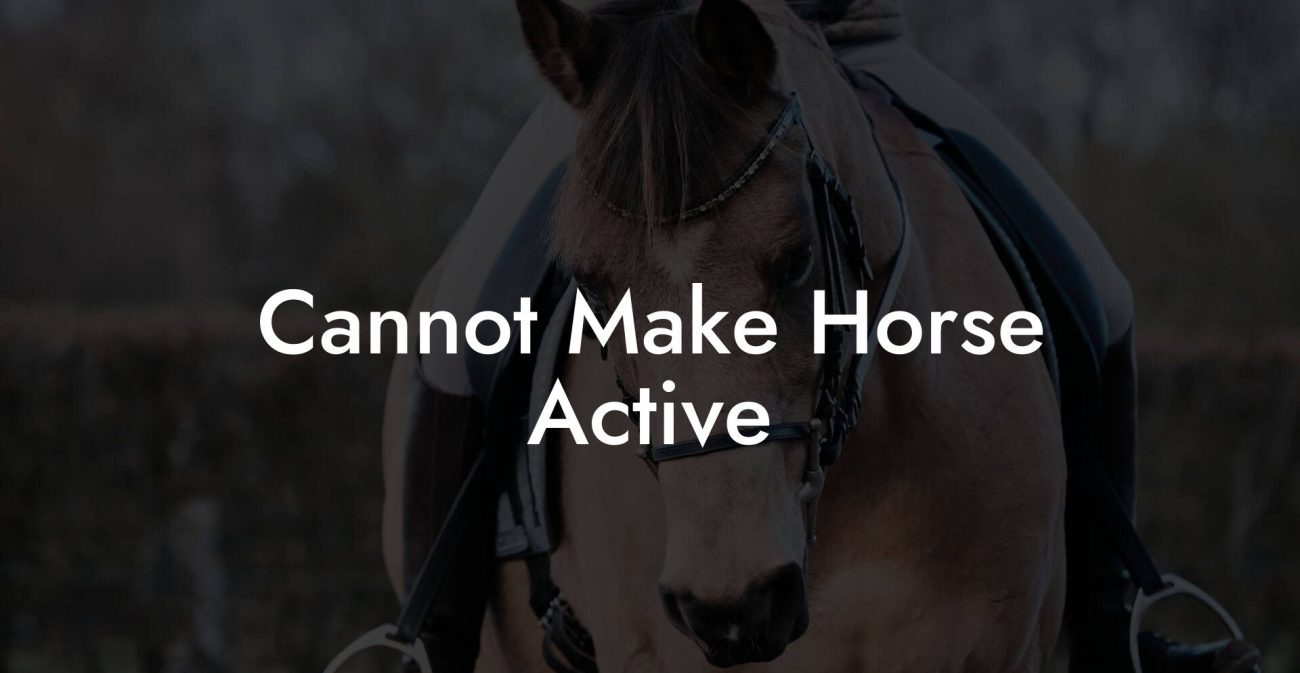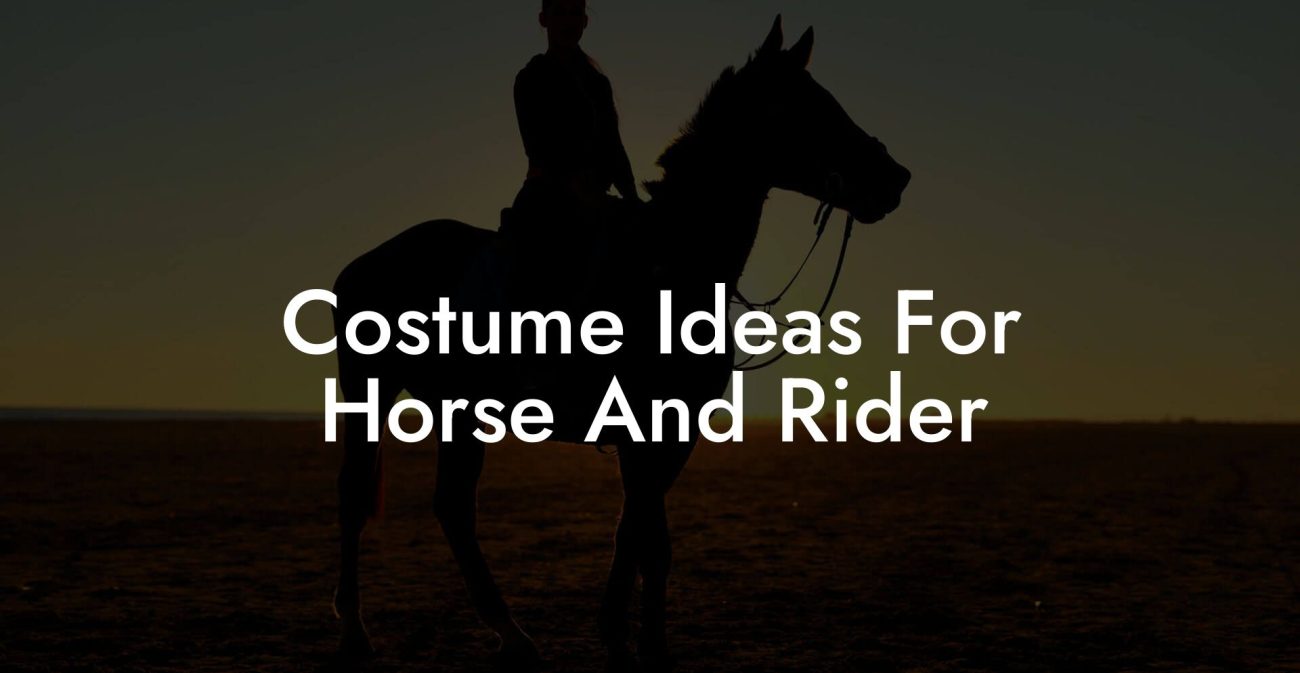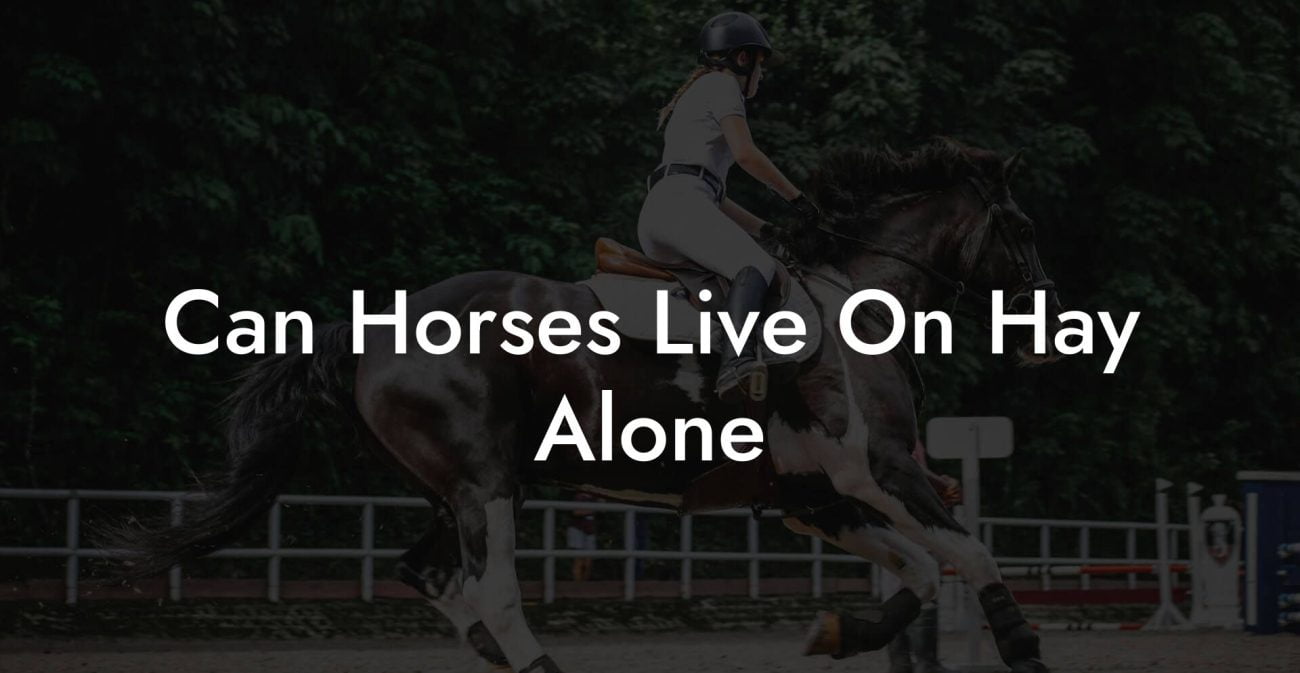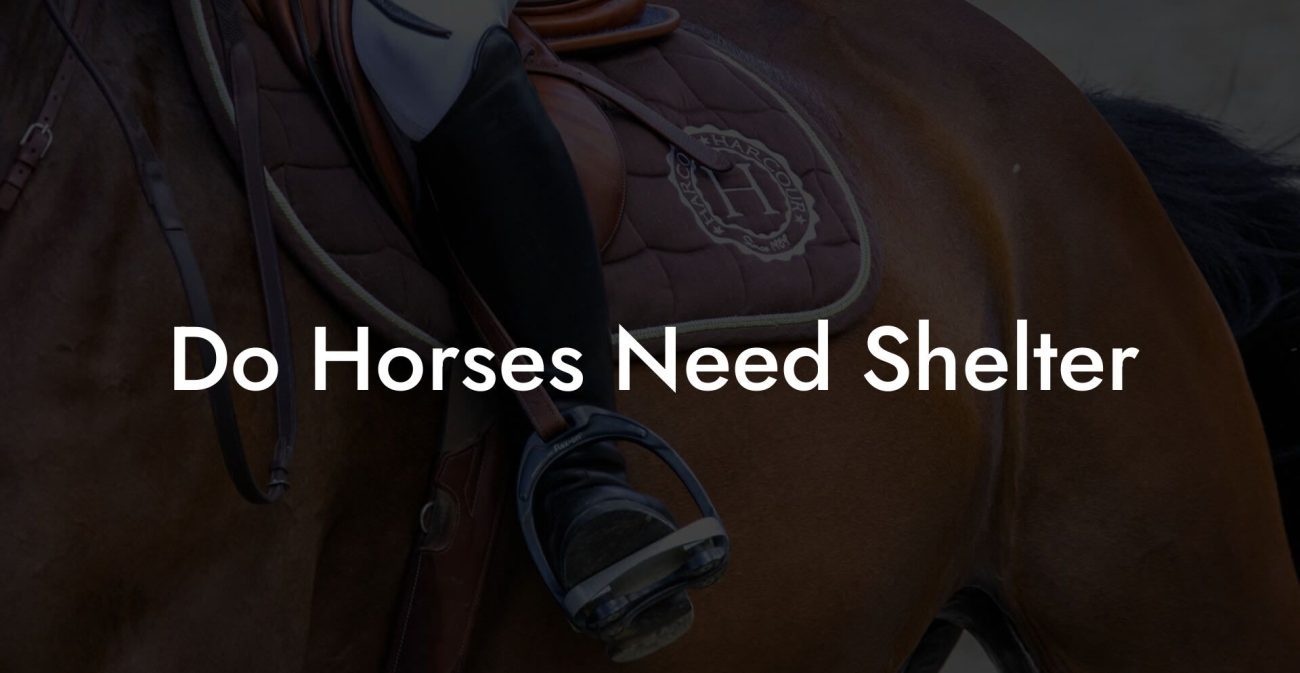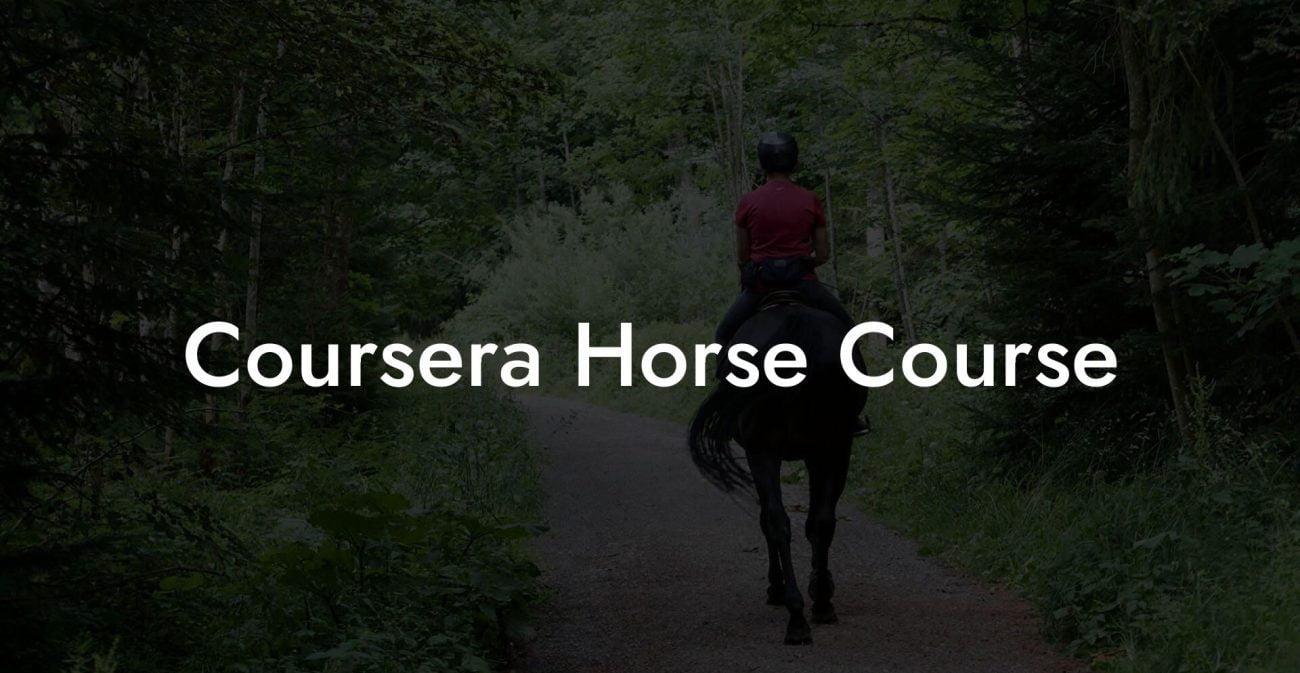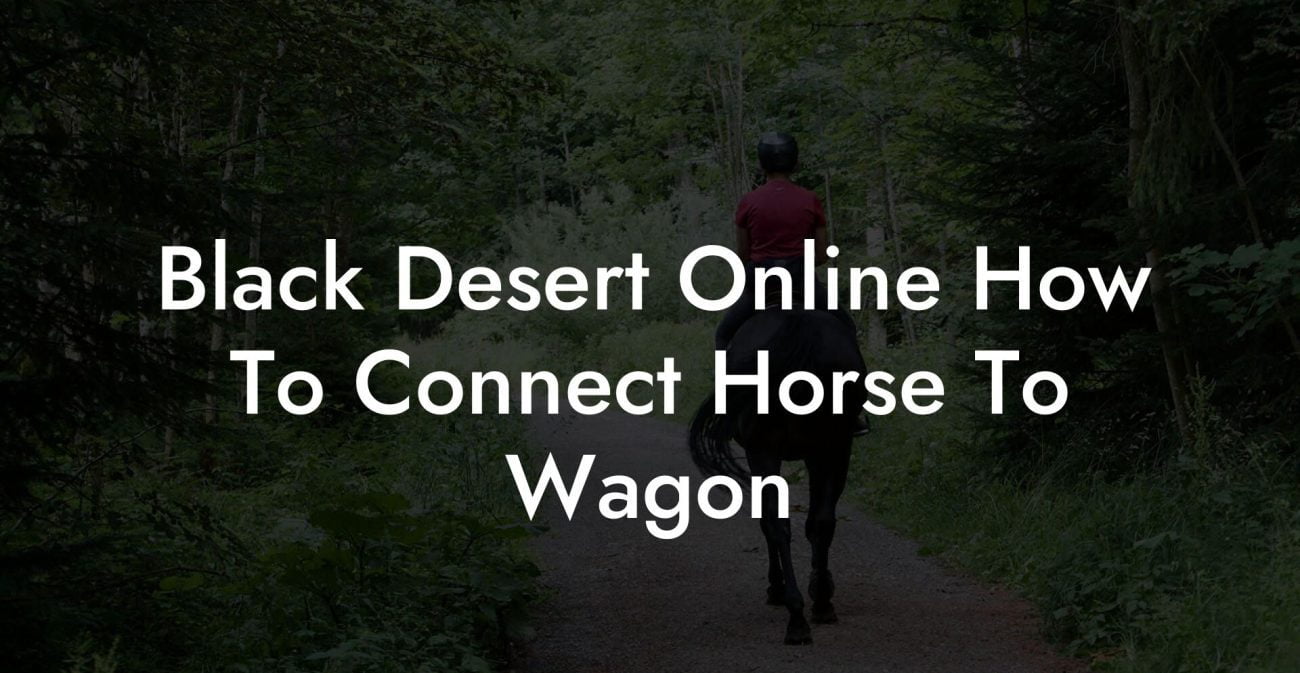Sometimes life writes an unexpected, bittersweet plot twist: the owner of a beloved horse suddenly passes away, leaving everyone – from family members to longtime barn buddies – grappling with a whirlwind of emotions and questions. What do you do with a horse when his caretaker is no longer there? Whether you’re a seasoned equine enthusiast or a Gen-Z newbie curious about the art of horse care, this deep-dive guide offers a refreshing blend of practical tips, legal insights, emotional support, and a dash of humor to help you navigate this complex terrain.
Quick Links to Useful Sections
- Understanding the Unexpected: When the Owner Dies
- The Legal Landscape: Estate Planning, Equine Trusts, and Inheritance
- Practical Considerations: Ensuring the Horse’s Continued Well-Being
- Emotional Support and Animal Welfare: The Heart of the Matter
- From Bereavement to Action: Steps to Take After a Horse Owner’s Death
- Step 1: Assess Immediate Needs
- Step 2: Organize Essential Documents
- Step 3: Choose a Temporary Caregiver
- Step 4: Consult Legal and Equine Experts
- Step 5: Communicate with Family and Interested Parties
- Success Stories: Real-Life Inspirations on Equine Transitions
- Personalizing Your Equine Care Plan: A Guide to Moving Forward
- Resources and Community Support: Your Next Steps
- The Long-Term Vision: Building a Legacy for Equine Care
- Equine FAQs: Answering Your Pressing Questions
- Your Journey to a Harmonious Equine Future
Understanding the Unexpected: When the Owner Dies
Losing someone is never easy, and when the departed was the guiding light behind the care of a majestic horse, the situation takes on a whole new dimension. This isn’t just about processing grief; it’s also about ensuring that the horse continues to receive the love, attention, and care it deserves. The sudden loss of an owner can trigger an array of challenges, legal complexities, emotional hurdles, and even downright logistical puzzles.
In many cases, the horse isn’t just an animal; it’s part of a family legacy. The bonds forged between a horse and its owner are deep and enduring. When that bond is severed, the responsibility to protect the animal’s well-being suddenly falls into a kind of limbo. And for many, that limbo can be as daunting as trying to teach a young colt to prance on command!
It’s important to remember that you’re not alone in this journey. Whether you’re a relative, a friend, or a trusted caretaker, understanding the emotional, legal, and practical facets of this situation is the first step in charting a course for the future. So, let’s saddle up and explore the various dimensions of what to do when the owner dies and what becomes of the cherished horse.
The Legal Landscape: Estate Planning, Equine Trusts, and Inheritance
When a horse owner passes away, one of the first hurdles is untangling the legal web left behind. Estate planning and equine trusts aren’t the most glamorous topics, but they are essential when it comes to safeguarding a horse’s future. The legal considerations in these situations can seem as unpredictable as a spirited mustang, but fear not, we’re breaking down the complex jargon into bite-sized bits.
In many cases, a well-drafted will or trust specifically addresses the future of the horse. Ideally, the owner has designated a successor caretaker or outlined provisions for the horse’s care. However, if no explicit instructions exist, the responsibility might default to family members, close friends, or even local animal welfare organizations. Without clarity, disputes can arise about who is best suited to care for the horse.
Keywords such as “equine estate planning,” “horse inheritance,” and “equine trust” might seem like legal mumbo-jumbo, but they are critical in ensuring the horse’s continued wellbeing. For instance, an equine trust is a legal arrangement where funds are set aside to cover the ongoing costs of feeding, veterinary care, stable fees, and other necessities. These trusts help prevent the horse from becoming an accidental casualty of financial limitations following the owner’s passing.
Navigating probate laws and estate settlements can feel like trying to outmaneuver a wily barnyard fox. It is advisable to consult with legal professionals who specialize in animal estate planning – this niche field blends traditional estate law with the specifics of equine care. They can help ensure that the provisions laid out in the will are followed and that any disputes among inheritors are resolved amicably.
Ultimately, the legal framework is meant to act as a safety net, ensuring that the legacy of care the owner built lives on through the horse. By tackling these legal matters head-on, you can transform uncertainty into a structured, supportive plan for the animal’s future.
Practical Considerations: Ensuring the Horse’s Continued Well-Being
While the legal aspects are certainly important, at the heart of this issue lies a very real need: the ongoing care of the horse. Practical considerations are where the rubber meets the road. How do you ensure that the horse continues to receive the top-notch care it’s used to? The answer lies in a mix of detailed planning, community support, and sometimes, a little creativity.
1. Immediate Care and Assessment: In the aftermath of the owner’s death, the first step is to ensure the horse is safe, fed, and attended to with any urgent medical needs. Conduct a comprehensive check-up with your trusted veterinarian, assessing everything from the horse’s diet and exercise routine to its overall mental and physical state.
2. Finding the Right Caretaker: A horse isn’t just any pet. They require specialized care that takes into account their physical strength, mental well-being, and even their social dynamics within a herd. Reach out to equine care professionals or trusted friends who have experience managing horses. Look for individuals with a proven track record in equine management, stability in their own lives, and a genuine passion for these majestic animals.
3. Financial Planning: Horses are beautiful creatures, but they can also be expensive to care for. Beyond food and stabling, there are expenses like veterinary bills, farrier costs, and routine maintenance of the property. An equine trust or designated estate funds can ensure that these costs are covered without plunging into unexpected financial strain.
4. Establishing a Routine: Horses thrive on routine. Establishing consistent feeding times, exercise schedules, and social interactions is crucial. Creating a stable environment reduces stress and helps the horse adjust to the new circumstances. It might be necessary to involve an equine behavior specialist to monitor any changes in temperament or stress markers as the horse adapts to a new caretaker.
Integrating keywords like “ongoing horse care,” “veterinary check-up,” “equine behavior monitoring,” and “stable routines” throughout this discussion emphasizes the importance of a well-structured, detail-oriented approach. It’s all about creating a bridge between the legacy of the past and the stability of the future.
Emotional Support and Animal Welfare: The Heart of the Matter
Beyond legal documents and care routines, there’s the softer, often unspoken realm of emotions. For many, horses are more than animals – they’re cherished companions, therapeutic presences, and part of the family fabric. The passing of an owner can trigger a cascade of emotions, not just among the family but also within the horse itself.
Horses are incredibly sensitive creatures. They pick up on the moods, tensions, and energies around them. When a long-term owner dies, the shift is palpable. The remaining family members, caretakers, and even the horse might experience a period of adjustment akin to grief. This emotional ripple effect can affect feeding habits, behavior, and overall responsiveness.
To address this, consider integrating approaches that support both human and equine emotional well-being:
- Counseling and Support Groups: For family members and caretakers, grief counseling and support groups can be invaluable. Sharing your experiences, challenges, and memories helps process loss while building a community of understanding.
- Equine-Assisted Therapy: Ironically, horses themselves are often used as therapeutic partners in counseling and mental health support. Their intuitive nature and calming presence can help smooth the emotional transition for those left behind.
- Mindful Animal Interaction: Spend quality, mindful time with the horse. Gentle grooming, quiet walks, or even simply sitting by the stable watching the sunset can foster a mutual sense of calm and reassurance.
Integrating these practices ensures that the emotional wounds can start to heal, allowing both the caretakers and the horse to adjust to the new normal. Remember, when the legal and practical issues are addressed with sensitivity, the emotional health of everyone involved becomes the cornerstone of ongoing care.
From Bereavement to Action: Steps to Take After a Horse Owner’s Death
Shifting from a state of mourning to active decision-making can be challenging, yet it is a critical phase in ensuring that the horse receives consistent and informed care. Think of this period as the calm after the storm, an opportunity to set a sturdy course for maintaining the legacy of care your cherished horse deserves.
Here’s a structured approach to transform grief into actionable steps:
Step 1: Assess Immediate Needs
First and foremost, secure the horse’s immediate welfare. Confirm that the horse is fed, watered, and safe. Schedule an urgent veterinary check-up to rule out any underlying issues that may have been overlooked during the owner’s final days.
Step 2: Organize Essential Documents
Gather all important documents such as the will, any equine trust papers, veterinary records, and financial statements relevant to the horse’s care. These documents will serve as a roadmap for legal clarity and inform the next steps of the estate settlement process.
Step 3: Choose a Temporary Caregiver
In cases where the owner's long-term caretaker is unknown or unable to continue, select a temporary caregiver who is knowledgeable about horses. This interim measure ensures that the horse’s day-to-day care remains uninterrupted while legal matters are sorted out.
Step 4: Consult Legal and Equine Experts
Engage with professionals who specialize in equine estate planning, veterinary care, and behavioral management. Their expert advice can help in drafting or revising the care plan, settling disputes, and even in setting up an equine trust if necessary.
Step 5: Communicate with Family and Interested Parties
Open and honest communication is vital. Hold a family meeting or a community discussion to outline the next steps, address any concerns, and ensure that everyone involved is on the same page regarding the horse’s future. This transparent approach can help defuse potential conflicts or misunderstandings.
By taking these purposeful steps, the transition from loss to active care not only honors the legacy of the departed but also prioritizes the well-being of the horse. The goal is to create a seamless continuation of care while preserving the spirit and passion that the owner instilled in the horse’s life.
Success Stories: Real-Life Inspirations on Equine Transitions
There’s something incredibly heartening about hearing how others have managed to weather the storm of loss while ensuring that their horses continue to thrive. Real-life case studies remind us that every challenge is surmountable with the right blend of compassion, planning, and a dash of creative spirit.
Case Study 1: In one renowned rural community, a beloved horse named Java lost his long-time owner unexpectedly. Rather than facing uncertainty, the family organized a community meeting that led to the establishment of an equine trust in Java’s honor. The trust not only covered Java’s day-to-day expenses but also funded local equine therapy sessions, transforming Java into a symbol of healing and resilience.
Case Study 2: A young couple, who had volunteered at the stable for years, took over the care of a horse named Luna after her owner passed. Guided by the principles of equine welfare and bolstered by advice from legal and veterinary experts, they created a personalized care plan that included daily bonding sessions, regular check-ups, and a meticulously structured feeding routine. Over time, Luna adapted remarkably well, and her renewed vigor became a beacon of hope for the entire community.
Case Study 3: In another instance, a dispute over horse inheritance was resolved amicably through clear communication and the timely intervention of a legal mediator. By establishing a temporary care arrangement and setting up an equine trust, the family managed to keep the focus on the horse’s well-being rather than falling into endless legal tangles. This story underscores the value of proactive planning and the power of community support.
These stories illustrate that, while the journey may be fraught with challenges, a well-executed plan not only protects the horse's future but also transforms a moment of loss into an opportunity for renewed care and lasting legacy.
Personalizing Your Equine Care Plan: A Guide to Moving Forward
Every horse has a unique personality and a specific set of needs. When faced with a transition after the owner’s death, the goal is to craft a care plan that resonates with the horse’s individual character while seamlessly integrating established best practices. Customization is the heartbeat of long-term success.
Begin by monitoring the horse’s behavior closely. Is he a gentle, reserved companion who requires quiet, consistent routines? Or is he a spirited, high-energy presence that thrives on structured exercise and social interaction? Tailoring the care strategy to his temperament not only fosters a sense of stability but also enhances his overall quality of life.
Here are some customizable strategies:
- nutrition and Diet: Develop a diet plan that suits his energy levels and health requirements. Consider fresh pastures, balanced grain mixes, and premium hay, all of which contribute to sustained vitality and robust immune function.
- Customized Exercise Regimen: Design a daily exercise schedule that aligns with his physical abilities and personality. Whether it’s a calm walk through the pasture or engaging in monitored trail rides, exercise is pivotal in regulating behavior and promoting well-being.
- Regular Veterinary Check-Ups: Schedule routine veterinary visits to track his health, monitor any signs of stress, and ensure that vaccinations and preventive care are up to date.
- Behavioral Enrichment: Incorporate activities that stimulate his mental faculties. Puzzle feeders, interactive play sessions, and socializing with other horses help enrich his daily life.
By personalizing the care plan, you demonstrate a commitment not just to maintaining the status quo, but to enhancing the horse’s quality of life in the wake of change. Constant monitoring, periodic adjustments, and active communication with caregivers ensure that the plan evolves organically to meet emerging needs.
Resources and Community Support: Your Next Steps
Navigating the emotional and practical complexities of a horse owner’s passing is challenging, but remember: the equine community is vast, supportive, and full of resources designed to help. Whether you’re searching for legal advice, veterinary expertise, or a network of compassionate fellow horse lovers, there’s a wealth of support available.
Start by tapping into local equestrian clubs, online forums, and social media groups where discussions about equine welfare, estate planning, and caregiving are common. Many organizations offer free consultations, workshops, and support groups dedicated to equine transitions.
Consider reaching out to:
- Equine Estate Planners: Professionals who specialize in drafting wills, trusts, and legal documentation that ensure your horse’s future care is legally secure.
- Veterinary Experts: Trusted vets who understand the nuances of equine health, from routine check-ups to emergency care.
- Equine Behaviorists: Experts who can help interpret signs of stress or behavioral changes and recommend appropriate interventions.
- Local Equestrian Networks: Community groups that offer hands-on support, advice, and even temporary caretaking arrangements.
These resources not only provide concrete assistance but also help foster a sense of belonging. Embracing community support means that you’re not isolated in your challenges; instead, you’re part of a vibrant, compassionate network that shares your passion for every galloping heartbeat and gentle nicker.
So take the next step, research, network, and engage with others who understand the unique interplay of grief, legal duty, and love for these magnificent creatures.
The Long-Term Vision: Building a Legacy for Equine Care
Amid the turmoil of loss, it’s refreshing to remember that there is considerable opportunity to build a lasting legacy. The decisions made today regarding the care of a horse after the owner dies could reverberate for years, ensuring not only the preservation of a cherished animal but also serving as a model for compassionate and forward-thinking equine care.
Imagine a future where your meticulous planning inspires community programs, animal welfare initiatives, or even scholarship funds dedicated to equine studies. Every thoughtful action, be it setting up an equine trust, integrating advanced veterinary care, or simply sharing your journey with others, can ripple outward, impacting lives in unexpected ways.
Embrace the vision of a legacy that honors both the human spirit and the beating heart of the horse. Let this transition transform grief into the groundwork for enduring support, community education, and ultimately, a more compassionate approach to equine care.
Equine FAQs: Answering Your Pressing Questions
Here are some of the most frequently asked questions when grappling with the challenge of what to do with a horse after its owner dies:
1. What happens to the horse if the owner dies without a will?
When an owner dies intestate, that is, without a will, the horse typically becomes part of the estate and is distributed according to state laws. This can lead to disputes among potential heirs, which is why having a clear, written plan is so essential.
2. How can an equine trust help in these situations?
An equine trust is specifically designed to allocate funds for the horse's ongoing care, including veterinary services, feed, stabling, and more. It safeguards the horse’s future, ensuring that its needs are met regardless of any changes in family circumstances.
3. Who is typically responsible for the horse’s care after the owner dies?
Ideally, the owner should have named a successor or professional caretaker in their estate plan. Absent such directions, family members or the executor of the estate may assume responsibility. In some cases, animal welfare organizations step in if no suitable caretaker is found.
4. What are some key legal considerations regarding equine inheritance?
Key legal considerations include ensuring proper estate documentation, understanding probate laws, and setting up legal structures like equine trusts. Consulting with a lawyer specializing in animal estate planning is highly recommended.
5. How do I know if my horse is adjusting well to a new caretaker?
Monitor the horse’s behavior closely. Positive signs include a steady appetite, regular activity patterns, and fewer signs of stress. Regular veterinary check-ups and consultation with an equine behaviorist can also provide reassurance.
6. Can temporary caregivers be appointed until a permanent solution is found?
Yes, temporary care arrangements can be established so that the horse is not left without essential support during the transitional period.
7. Where can I find more help with equine estate planning?
Look for legal professionals who specialize in animal or equine estate planning, and explore local equine resource centers and support groups. Online communities can also offer valuable first-hand experiences and referrals.
Your Journey to a Harmonious Equine Future
Confronting the challenges that arise when a beloved horse owner dies can feel like trying to ride a wild stallion without any reins. But remember, every twist and turn on this journey offers an opportunity to create a better future, not only for the horse but for everyone touched by its legacy. By combining compassion with practical steps, legal safeguards, and community support, you ensure that the horse continues to thrive in a stable, loving environment.
Embrace the complexity of the situation with a clear head and a warm heart. Whether you’re assessing immediate care needs, navigating legal intricacies, or setting up a long-term plan for equine welfare, each step you take is a stride toward a future that honors both legacy and life.
The journey ahead may be challenging, but it’s also a testament to the enduring bond between humans and horses, a bond that, with proper care and thoughtful planning, continues to flourish long after the owner has passed. So, gather your resources, rally your support network, and step confidently into this new chapter. Your horse’s future is in your capable hands!
Let this be a call to action for all horse lovers: cherish the memories, honor the legacy, and build a future where every hoofbeat resonates with love, care, and purpose.


